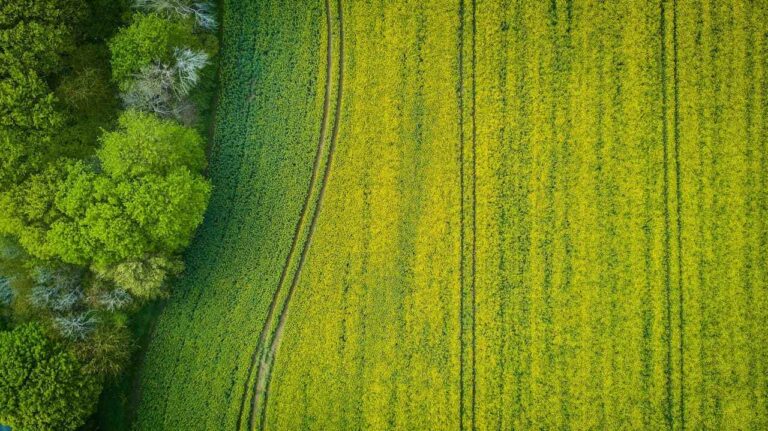Agroecology is concerned with changing the paradigm of intensive farming for the benefit of culture, society, the market and consumers.
What is agroecology, a word that is becoming increasingly popular in recent months and deserves a closer look. In recent decades, there has been a strong trend of agricultural properties being concentrated in the hands of a few multinational corporations at the expense of small farmers who are unable economically to compete with these large and powerful groups.
One solution that has been emerging in recent years to support small farmers could be agroecology.
Table of Contents
What is agroecology about and who does it support?
Agroecology is about changing the paradigm of intensive farming in favor of a new concept that embraces not only policy and production, but also culture and society as a whole including the market and consumers.
Speaking of agroecology means the new ecological principles for the benefit of small farmers and producers who are in fact freed from the old logics of large-scale distribution that, for the most part, adhere to the economic-productive balances of large-scale producers.
Furthermore, agroecology pivots on the relationship of these small farmers with the consumer community, whose opinion and thinking are crucial to the economic realization of the agroecological model.
From a production point of view, agroecology provides solutions that enable farmers to achieve optimal production levels of land yields while controlling pest proliferation without exterminating biodiversity.
In addition, a key aspect of agroecology is the focus on seeds. The goal is to be able to produce in a circular economy the seeds that will then be used for crops, preserving their quality and thus also protecting native and ancient varieties of the land.
Agroecology: promising scenarios for the future
World public opinion along with also large ranks of academics and new ecological movements are successfully pursuing this new agroecological and sustainable approach.
More and more farmers are transforming their farms according to the concepts and patterns of agroecology:
- diversifying crops;
- replacing traditional pesticides and fertilizers with new solutions that respect the environment and insect species important to the balance of the ecosystem and biodiversity.
Consumers and the distribution chain are also increasingly understanding this need. So much so that there is hope that the future of agricultural production and consumption habits will increasingly move in this direction.
To date, however, agroecology is not at the center of the political agenda of industrialized countries even if there is a glimmer of hope for the future thanks in part to the inclusion of the environmental theme in a great many political party programs.
Agroecology is undoubtedly very important for the development of sustainable and healthy agriculture that goes to respect the many important aspects of the production process.
This, in order to ensure a better way of life in harmony with nature and aimed at the economic and social well-being of people.
Read also: Regenerative agriculture, what is it and what are its benefits












